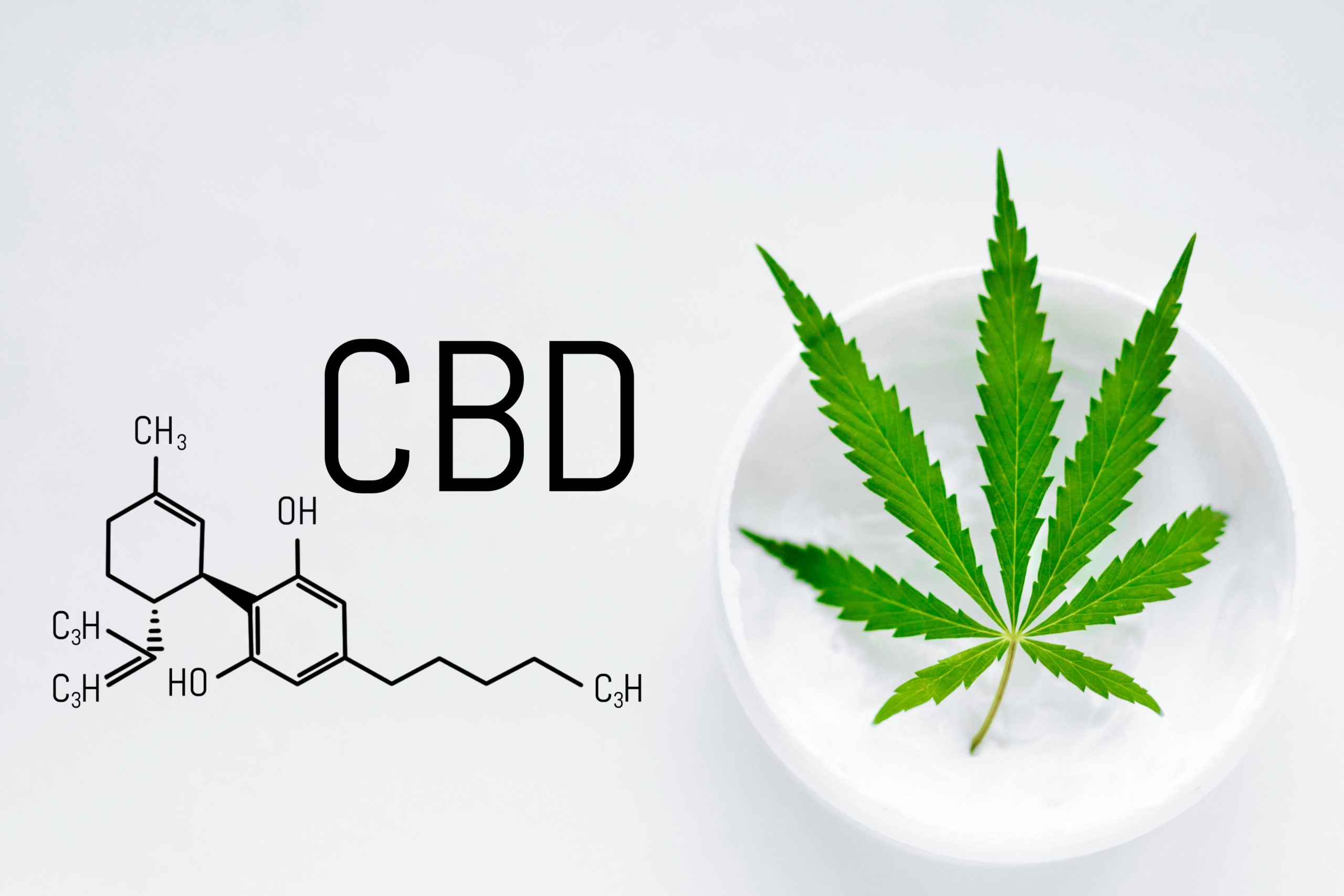Tetrahydrocannabinolic acid (THCA), one of the many components of the cannabis plant, is well-known. This chemical has gained popularity in recent years due to its prospective benefits and distinct properties. THCA, unlike its more well-known counterpart, THC, is not psychotropic. Instead, it has a number of potential benefits and can be eaten in many ways, including with THCA flowers.
Harnessing the Power of Raw Cannabis Buds
The uncooked, unheated buds of the cannabis plant contain a high concentration of tetrahydrocannabinolic acid. Cannabis remains intact when collected and dried without heat. It is significant because heat exposure, such as through smoking or vaping, transforms THCA into THC. This conversion produces the intoxicating effects associated with cannabis use. In its raw form, THCA is not intoxicating and is expected to provide a variety of possible health benefits without the mind-altering effects of THC. Cannabis cultivation for these buds is identical to that of other cannabis strains, but growers frequently choose specific strains renowned for high THCA levels. This emphasis on maintaining the molecule enables users to reap the benefits of THCA without experiencing the euphoric symptoms. People can incorporate these buds into their wellness regimen in many ways, such as juicing, tinctures, and topical applications.
Exploring the Promising Potential of Tetrahydrocannabinolic Acid
While research on THCA is still in its early stages, preliminary findings indicate that it may provide a number of potential benefits. One of the most remarkable features of THCA is its anti-inflammatory activity. Some early research suggests that THCA may help reduce inflammation in the body, which could be beneficial for people suffering from chronic inflammation. Consuming THCA may provide consumers with a natural alternative to standard medicines for pain management. Researchers are also investigating THCA for its neuroprotective effects. Some researchers believe it may be able to shield brain cells from harm, which is especially important in the setting of neurodegenerative illnesses. Many find the idea of a chemical that could enhance brain health appealing despite the need for further research to understand these effects fully.
While the preliminary findings on THCA are promising, more research is necessary to draw firm conclusions on its effectiveness. Users should consider THCA as a supplement rather than a replacement for existing medical therapies.
Exploring Daily Uses of Raw Cannabis for Wellness
There are various ways to incorporate THCA into your daily routine. One popular way is to juice the raw flowers, which retains the THCA concentration and allows for simple digestion. Many cannabis aficionados add these flowers to smoothies or salads to provide a nutritional boost while maintaining the euphoric balance of their cannabis usage. THCA flower is an intriguing choice for people wishing to study the potential advantages of cannabis without experiencing the high associated with THC. As research progresses, consumers should expect to learn more about this fascinating molecule and how it may fit into their wellness routine. Whether used for juicing, tinctures, or topical applications, this form of cannabis provides a new method to interact with the plant and its many potential benefits.

